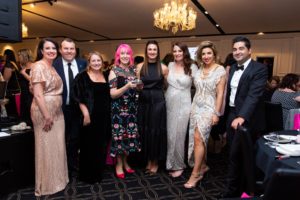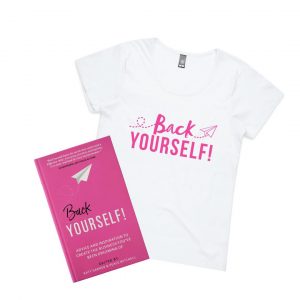Familiarity breeds contempt, it was a mantra of one of my old ward managers when I worked in London. As a 22 year old newly qualified nurse I didn’t really appreciate it’s meaning but as I have got older and my career has progressed I have often thought it as a useful description of our current attitudes towards modern, conventional medicine.
As a society I find we are incredibly cynical about medicine today, look at the up take of children’s immunisation programmes, numbers are decreasing. It’s unlikely any parents unwilling to immunise their children have had to encounter the horrors of polio or measles, and yet it’s easier to believe an immunisation will cause autism, rather than save that child’s life.
Indeed, I once had a conversation with a patient who was convinced doctors and pharmaceutical companies were colluding to keep the cure for cancer from the world and thus keep themselves in work. That was easier for this gentleman to believe that, rather than cancer is a an extremely complex, constantly evolving disease, for which, until 100 years ago the only treatment was some pretty gung-ho surgery.
Punters selling ‘snake oil’ and the likes to cancer patients is something every healthcare professional working in cancer becomes used to. They pray on the person’s need for hope, the hope of living longer and the hope there is a better way conventional medicine hasn’t discovered yet. I have seen some terrible things thanks to these people, for whom I have little regard. I have watched people spend their life savings on trips to Mexico only to come back with debilitating undignified treatment regimes, which cause no more than humiliation and severe weight loss. Believe me, no one want to see their loved one dying having coffee enemas.
Enter Belle Gibson, an immature young woman who thought she could make some money out of something she knew nothing about. People like Belle Gibson are doing little more than exploiting the hopes of people who are facing the most challenging experience of their lives. But it affects all organisations related to cancer, as an already cynical public calls into question the motives and actions of those trying to do the right thing.
So it’s with this in mind that over the last couple of months Practical Care has been dotting it ‘I’s and crossing the ‘T’s. We want our intentions and actions to be completely transparent. So we have finished delivering all our donations, last week we delivered three breast cancer kits and two men’s cancer kits to St John of God Hospital and also a donation towards their wig library as we donate 10% of the retail price (that’s 25%) of the profit to cancer charities.
These days are great for us and we are getting to grips with using them for promotion in social media. It would be great if we could do this all the time, get benefactors to donate kits to those who need them. Our last Face Book update seemed to generate a lot of interest in what we are doing. Now we just have to try and find a way to make the most of this and build some real momentum. And we were delighted to get our third overseas sale, to the UK this time. Shipping is more expensive of course but it’s amasing to know people so far away are hearing about our product.
On the home front, today I have a sick three year old. I can’t the number of times I’ve interrupted whilst writing this – so I’m just hoping it makes some sort of sense. My son broke the news to me last night that he is asking Santa for a karaoke machine, I’ve decided I must have been pretty bad in a previous life and this is some sort of Karma. And as my 40th birthday approaches, I can feel my anxiety levels gradually creeping up.
Until next time ….
About Sharon Schreurs, Practical Care
 Practical Care was born in 2014 after founders, Sharon Schreurs and Heidi Green wanted to create a Chemotherapy Care Kit to help with the most common side effects of chemotherapy, with a purely practical focus.
Practical Care was born in 2014 after founders, Sharon Schreurs and Heidi Green wanted to create a Chemotherapy Care Kit to help with the most common side effects of chemotherapy, with a purely practical focus.
As an oncology nurse, Sharon would commonly write a list of practical items for patients when starting treatment. Over the years, this list became extensive. And although helpful, these items are not always readily available.
When Heidi’s mother in law was diagnosed with breast cancer, she experienced the running around. Together, they hope to improve patient’s comfort at a difficult time by providing things they are likely to need.




